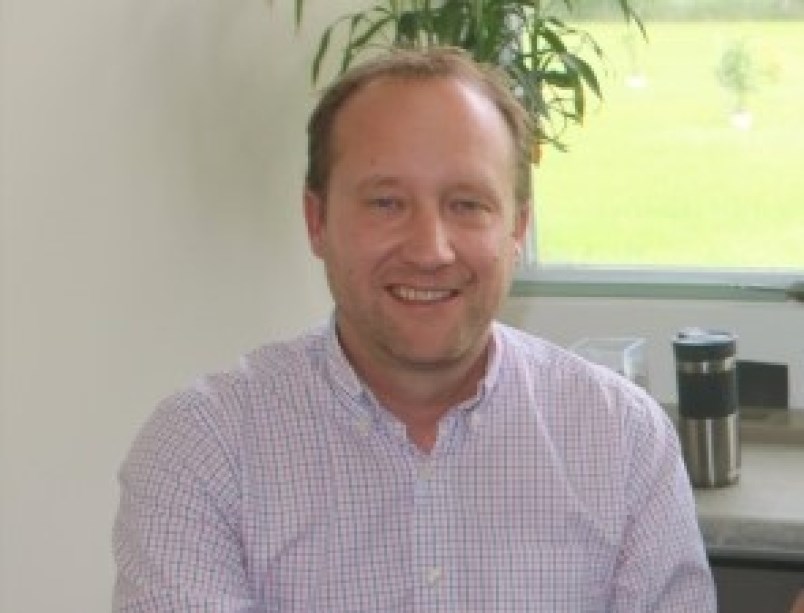As the Covid‐19 pandemic and its impact on work, businesses, schools, recreation ‐‐ on life in general ‐‐ enters a fourth month, the need for people to talk to others about their problems continues to grow.
Walk‐In Counselling (WIC), a program of the Society for the Involvement of Good Neighbours (SIGN) has been available four years now to those who need to discuss their issues. Since the start of stay‐at‐home in Saskatchewan, the program has changed to Call‐in Counselling by phone or video.
That has affected the number of people accessing the program, SIGN WIC counsellors David Dyste and Karmen Pearce note.
"I think there are a number of barriers to people calling in, including not having minutes on their phone, not having access to video conferencing, and not having a quiet place to go and have an in‐depth conversation," Dyste said. "And some people just prefer to meet face‐to‐face."
Pre‐Covid, WIC also offered counselling at the Yorkton Public Library. That was popular because of the convenient location, and because counselling was available in the evenings. Counselling was also available one day a week at the Crowstand Centre in Kamsack, which made it easier for those who found it difficult to travel to Yorkton.
That all changed in March when the lockdown began and Walk‐In changed to Call‐In. There was a decrease in calls compared to previous in‐person meetings, but that appears to be starting to change as the pandemic continues. People still need to talk about the issues and concerns like depression, anxiety, stress, relationship issues, trauma, grief, addictions, relationship issues and parenting or family conflict, the counsellors point out.
Pearce notes that Covid‐19 related issues are now added to that list: financial strain, adjusting to working from home, juggling changes in childcare, home schooling and loneliness.
As well, Covid‐19 has made it harder for many to deal with the difficulties they were already experiencing, Dyste adds.
SIGN Executive Director Andrew Sedley notes that in conversations with mental health professionals around the province, the apparent anomaly of more problems but fewer people accessing counselling is province‐wide, but is starting to change as the effects of the pandemic continue into another month.
Dyste, who grew up and received his education in British Columbia and moved to Yorkton seven years ago, is registered with the Canadian Professional Counsellors Association as a Master Practitioner of Clinical Counselling. In BC he worked at Teen Challenge, helping people overcome addictions. In Yorkton he provided private counselling services and has worked at SIGN WIC since last summer.
Pearce has worked at SIGN since 2012. In 2016 she completed her Master of Social Work at the University of Regina and as part of her studies participated in the SIGN WIC pilot project that resulted in similar clinics being established throughout Saskatchewan last year Dyste said the counsellors have noticed that males are more likely to attend walk‐in no‐ appointment counselling than other types of counselling.
"This may be an indication of a change in the stigma of counselling, or it may be that males are looking for a quick answer to their struggles."
"It can be very difficult for people to take the step to reach out for help," Pearce adds. "We offer support when individuals are wanting it. Having the WIC services available at different locations and hours of operation ‐‐ and temporarily now by phone and video ‐‐ helps reduce some of the barriers."
While SIGN continues to be closed for face‐to‐face meetings until Phase 4 of the provincial re‐opening plan, Call‐In Counselling continues to be available five days a week.
It's available Mondays and Fridays from 12 noon to 5 pm, Tuesdays from 2 pm to 7 pm, and Wednesdays and Thursdays from 9 am to 5 pm. Appointments are not required or made. Those wanting to speak with a counsellor may call 306‐782‐1440 during these hours. If the line is busy, or if there is no answer the counsellors are likely with an appointment, and callers are asked to leave a message. A counsellor will return the call as quickly as possible.



